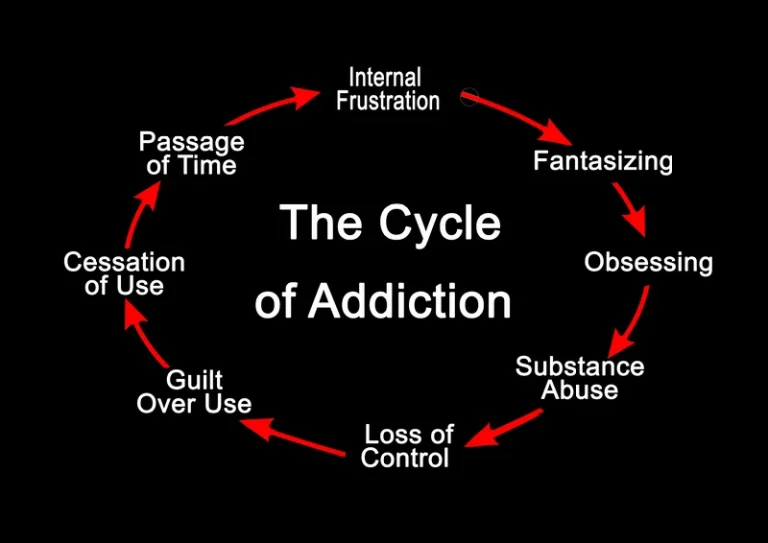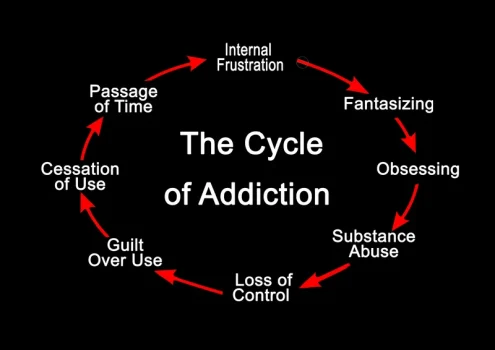
Although red wine is especially high in histamines, all alcoholic beverages have high levels of histamine. People with celiac disease, non-celiac gluten sensitivity, or a wheat allergy may need to steer clear of conventional beer. When we consume alcohol, our liver converts the ethanol present in it into acetaldehyde, a substance that can cause cell damage. However, our bodies also produce another enzyme called aldehyde dehydrogenase 2 (ALDH2), which helps convert acetaldehyde to acetic acid (vinegar), which is nontoxic. If you drink a beverage that causes a mild reaction, over-the-counter antihistamines might help relieve symptoms. However, for a severe skin reaction, how do i know if im allergic to alcohol weak pulse, vomiting or trouble breathing, seek emergency help right away, as you could be having an anaphylactic reaction.

Medical professional hub

Sue Quinn explores the telltale signs of intolerances and allergies, the difference between them and what to do if you think you’re affected. Your healthcare provider will ask you about the symptoms and reactions that occur after you drink alcohol. Most people who have a reaction to alcohol aren’t allergic to it. They don’t have one of the active enzymes needed to process alcohol — alcohol dehydrogenase (ADH) or aldehyde dehydrogenase (ALDH).
- The fruit (grapes, apples, juniper berries, coconuts, and oranges), flavours (hops) or grain (malt) from which the drink is made can also be the cause of a true allergic reaction.
- While beer can contain histamines, certain types like low-alcohol beer may have lower histamine levels compared to other varieties.
- If you experience any of these symptoms after consuming alcohol, seek immediate medical care.
- Lastly, alcohol is a diuretic, meaning it increases urine production and can lead to dehydration.
Histamines
The immune system usually produces antibodies to fight harmful substances in the body. However, in people with an alcohol allergy, the system mistakenly produces antibodies to attack alcohol following exposure to the substance, triggering various symptoms. If in doubt, ask your allergy specialist for advice about the types of alcoholic beverages you can or cannot drink.
How is alcohol intolerance diagnosed?

Red wine tends to have higher levels of histamine than white wine or beer. However, it can be questioned whether it’s realistic or attainable for someone to cut out drinking altogether, especially if it was a big part of their lifestyle beforehand. Over a decade later, research is still being conducted into alcohol intolerance.
- They can range from mild to severe, according to Richmond, and may include runny nose, coughing, wheezing, itching or hives.
- Some people take medicines like the antihistamines diphenhydramine (Benadryl) or famotidine (Pepcid) about 30 minutes before drinking alcohol.
- Some health conditions can also cause alcohol intolerance, while others can cause increased alcohol sensitivity.
- Common symptoms of alcohol intolerance include skin flushing, nasal congestion, and headaches.
- No, alcohol intolerance is not the same as being intoxicated or drunk.
- Alcohol is toxic and must be converted by the body into non-toxic substances.
- If you have alcohol intolerance, your digestive system doesn’t process alcohol properly.
People with an intolerance to a food or beverage may experience symptoms that are uncomfortable but not life-threatening. Those who have an allergy, however, could have serious reactions if they consume something they are allergic to. You’ll have those same symptoms and a more intense reaction, wheezing, difficulty swallowing, low blood pressure, and heart palpitations, he says. One too many glasses of rosé might not be the only thing to blame for those horrible hangovers — you could also be dealing with a medical aversion. Learn the signs and symptoms to keep an eye out for and why certain drinks might affect you more than others.

Anaphylaxis is a life threatening condition that involves a series of symptoms, such as a rash, low pulse, and shock. An alcohol allergy can occur when a person with an alcohol allergy comes into contact with alcohol, which is also known as ethanol. While organic wines cannot add sulfites to their products by law, some contain enough natural sulfites to trigger a reaction in sensitive people. If you have a wheat allergy, you can drink beer that is made with barley but not wheat.
Yeasts
While an alcohol sensitivity can be uncomfortable, an alcohol allergy can be dangerous. If you experience severe symptoms, like swelling of the throat, difficulty breathing, or a rapid drop in blood pressure, seek emergency medical attention. This could be a sign of a life-threatening reaction known as anaphylaxis. If beer seems to be the issue, it’s probably the yeast, says Dr. Glatter. Beer drinkers can experience “an inflammatory response to the yeast proteins, which can lead to itching, superficial rashes, nausea, vomiting, or even diarrhea,” he says.
It’s also possible to be allergic to proteins in filling agents, such as egg or shellfish, which manufacturers sometimes use to remove fine particles from alcoholic beverages. Examples of conditions that can cause alcohol intolerance or sensitivity are outlined below. However, some people with Hodgkin lymphoma experience pain in their lymph nodes after consuming alcohol. By Victoria GroceVictoria Groce is a medical writer living with celiac disease who specializes in writing about dietary management of food allergies. If you have an extreme sulfite sensitivity or are at risk of anaphylaxis, you will need to carry an EpiPen to self-inject yourself with epinephrine (adrenaline) in the event of an emergency. Some people may even have reactions to grapes or corn used to make wine and distilled liquors.
- Often it’s facial swelling of the lips and tongue, says Dr. Glatter.
- It’s very difficult for consumers to know whether an alcoholic drink contains allergens or ingredients they’re intolerant to.
- But, if you do come into contact with nuts, and a reaction starts then treating it quickly is important.
- Some people may even have reactions to grapes or corn used to make wine and distilled liquors.
Common Food Allergens in Alcoholic Beverages
If someone experiences a severe allergic reaction, they should go to the emergency room immediately. If they do not have an epinephrine injection to treat anaphylaxis right away, it could be fatal. With an alcohol allergy, a person’s immune system overreacts to alcohol. Alcohol intolerance is a genetic condition where an individual’s digestive system cannot properly break down the substance.


